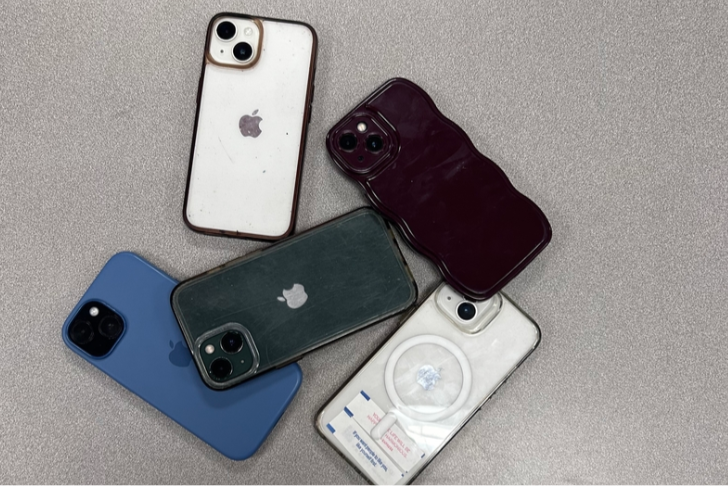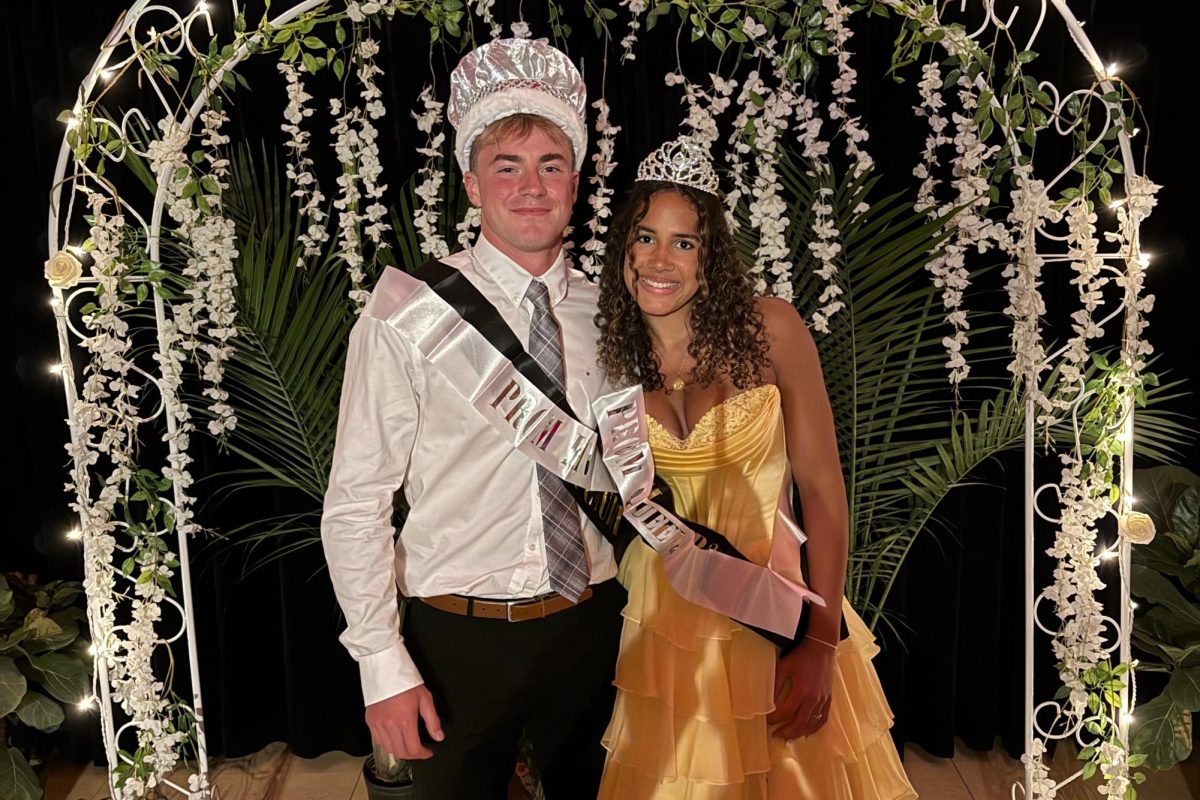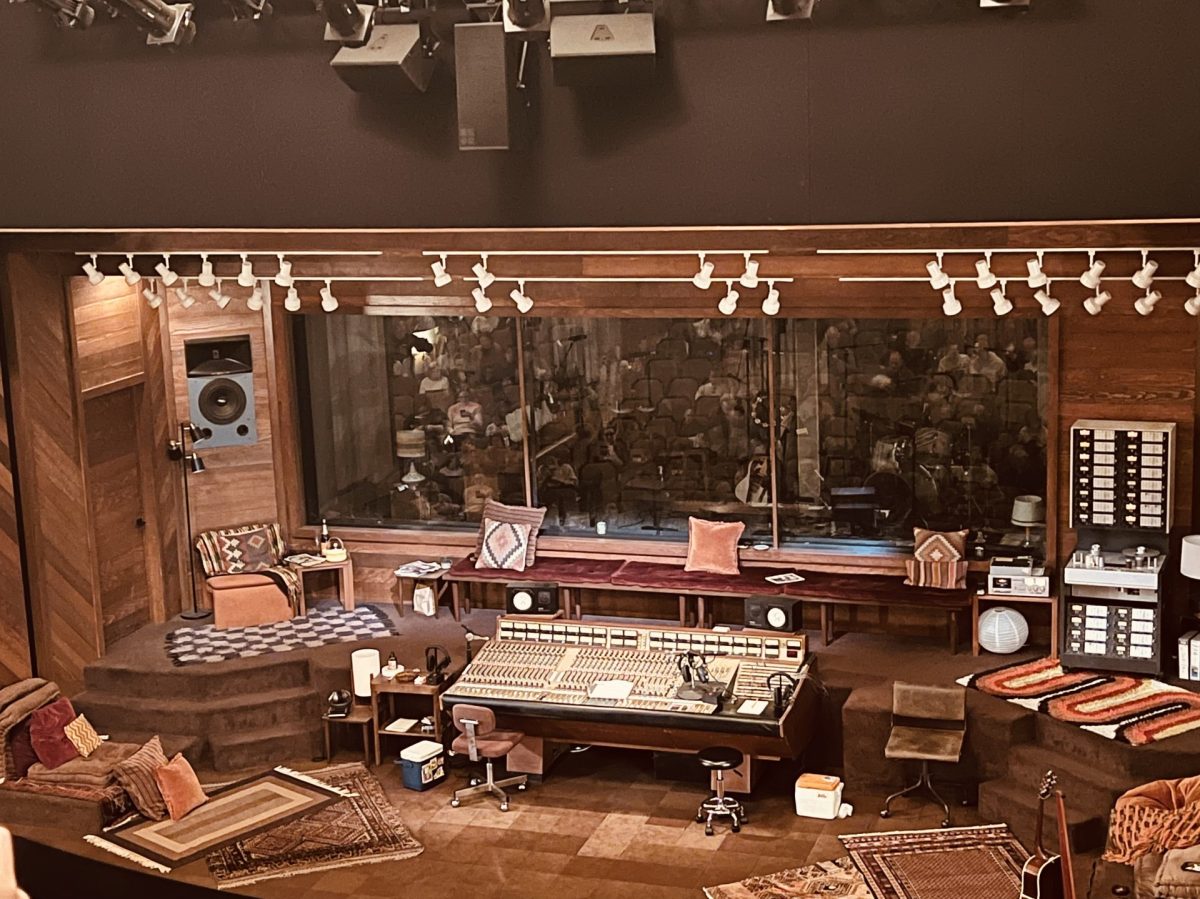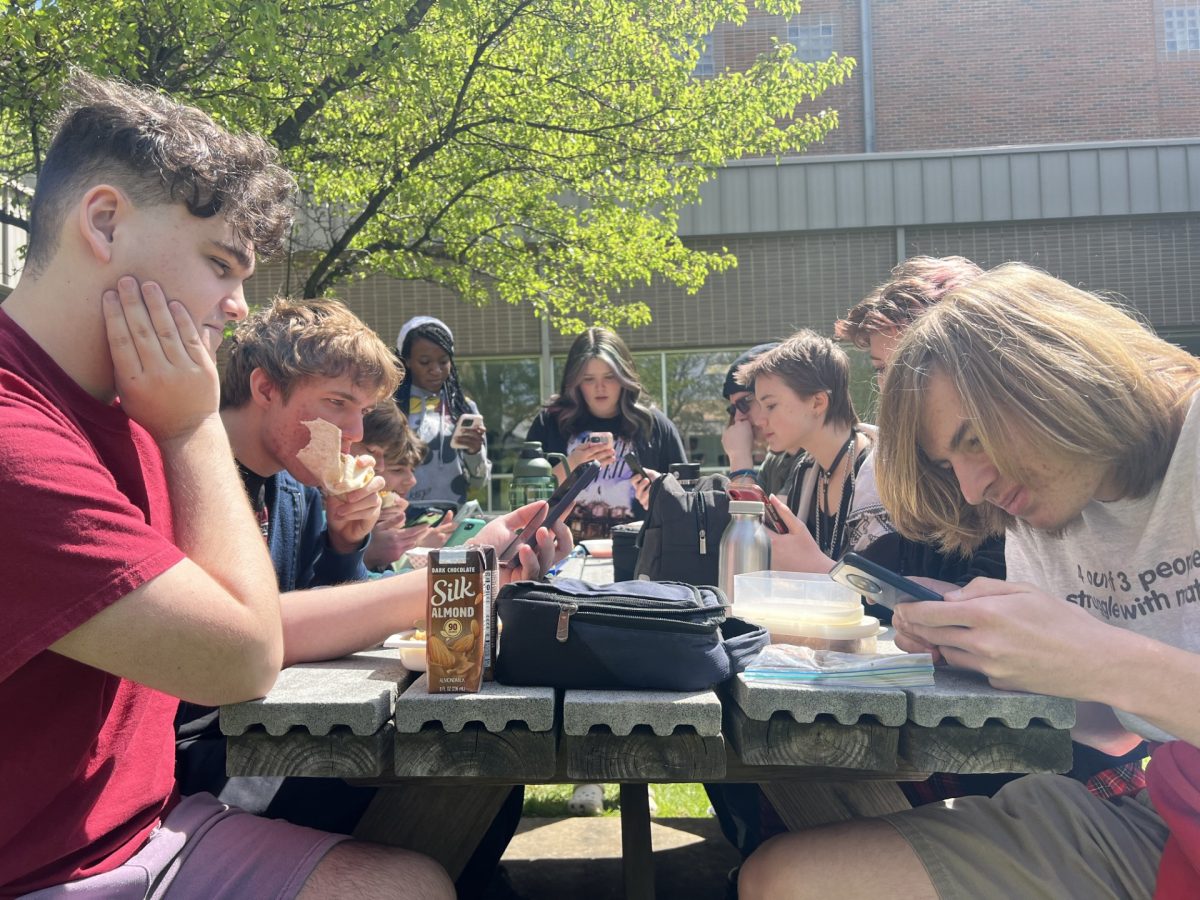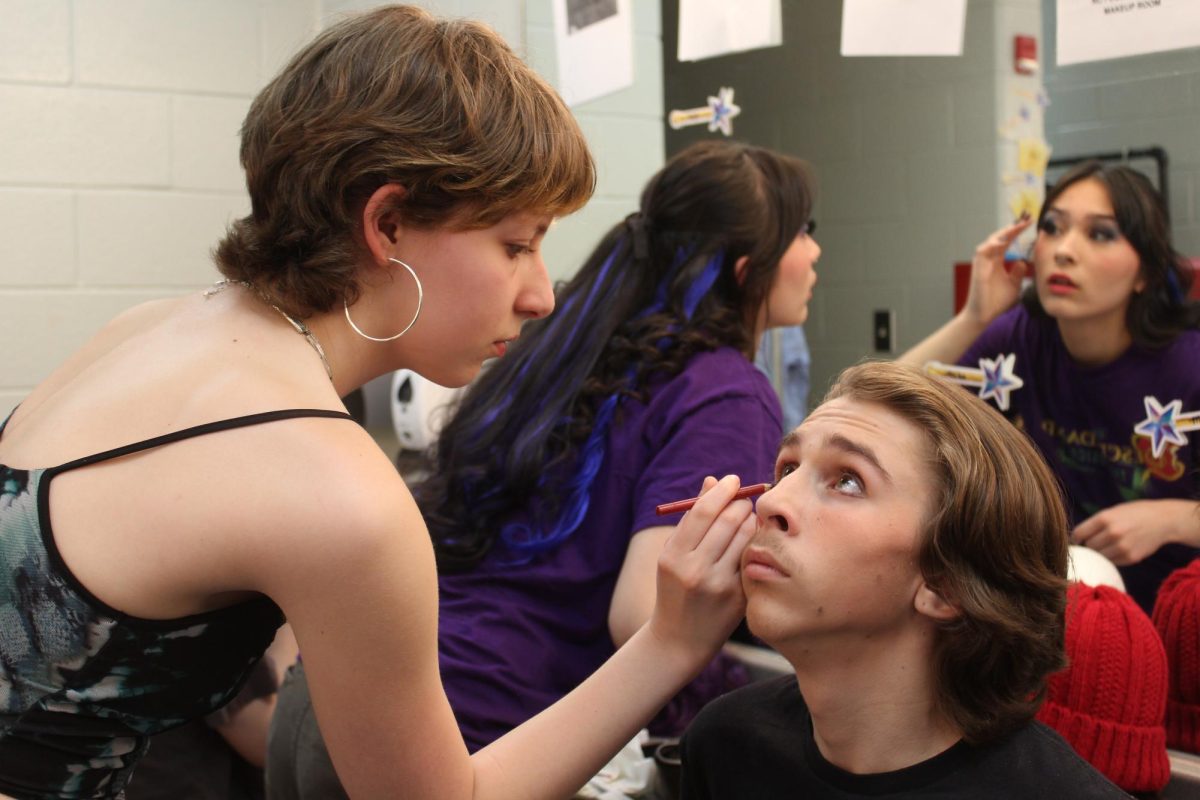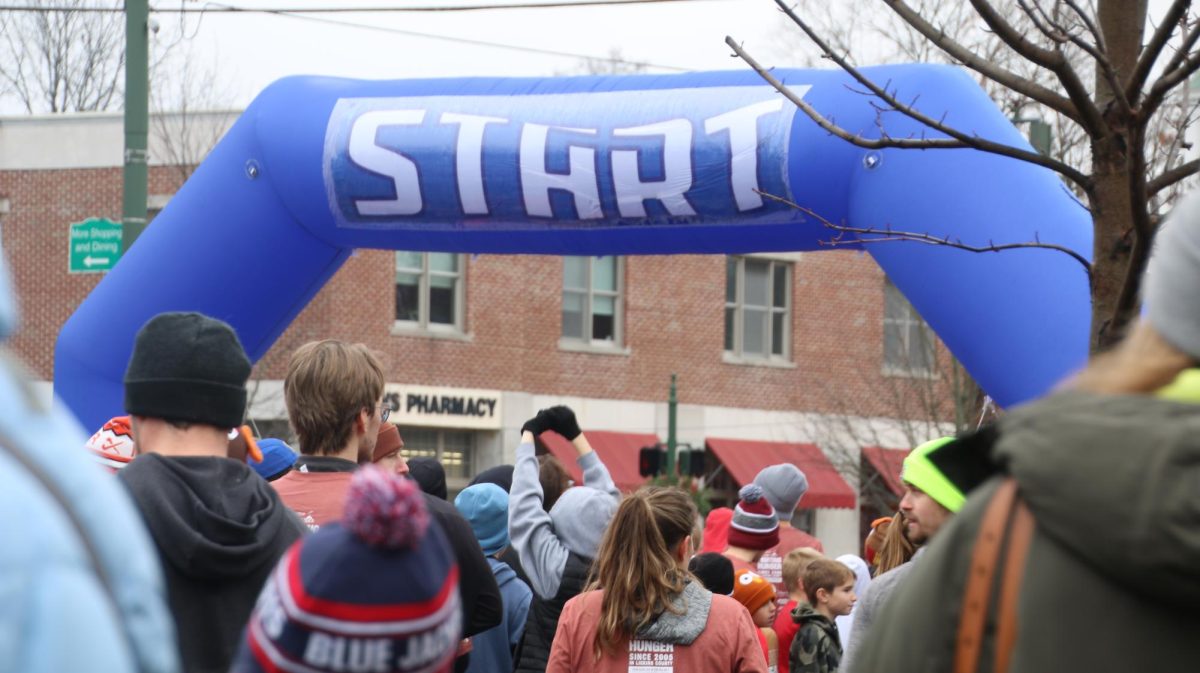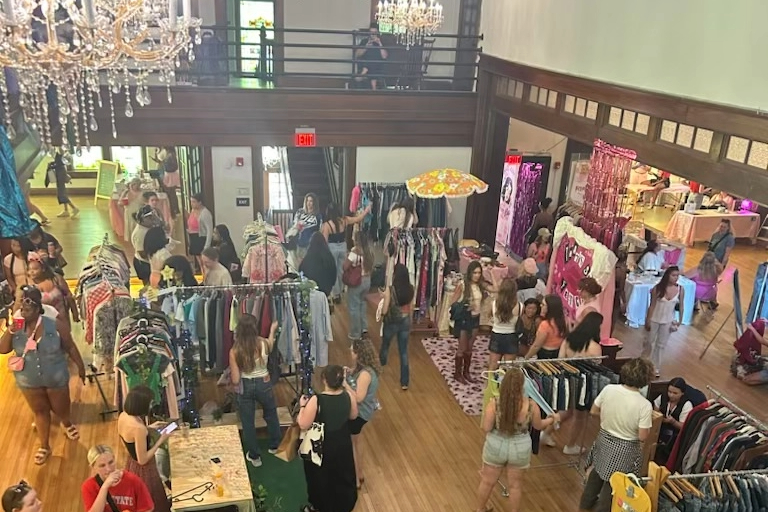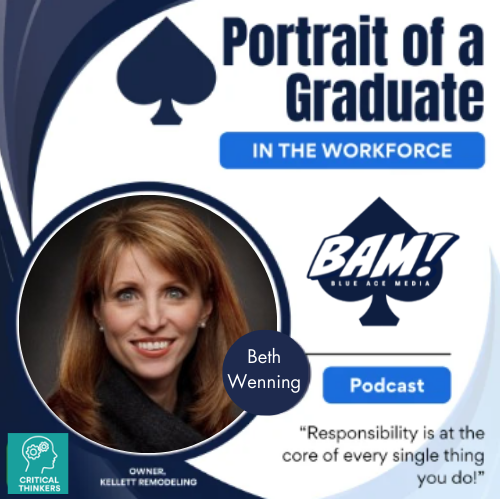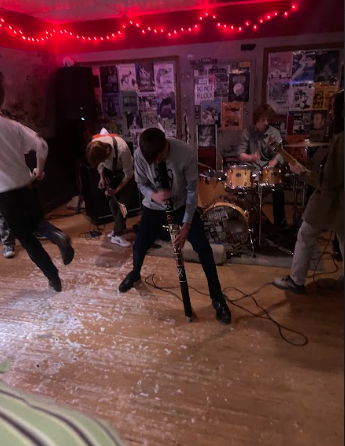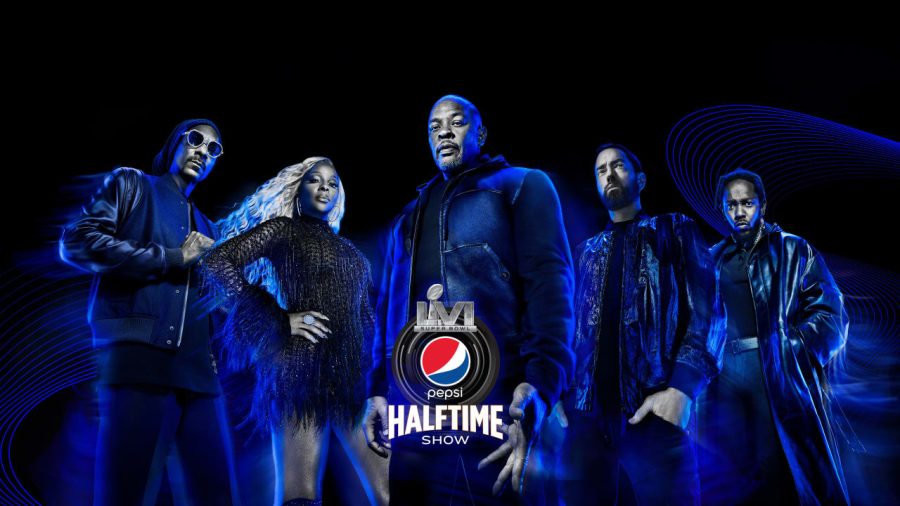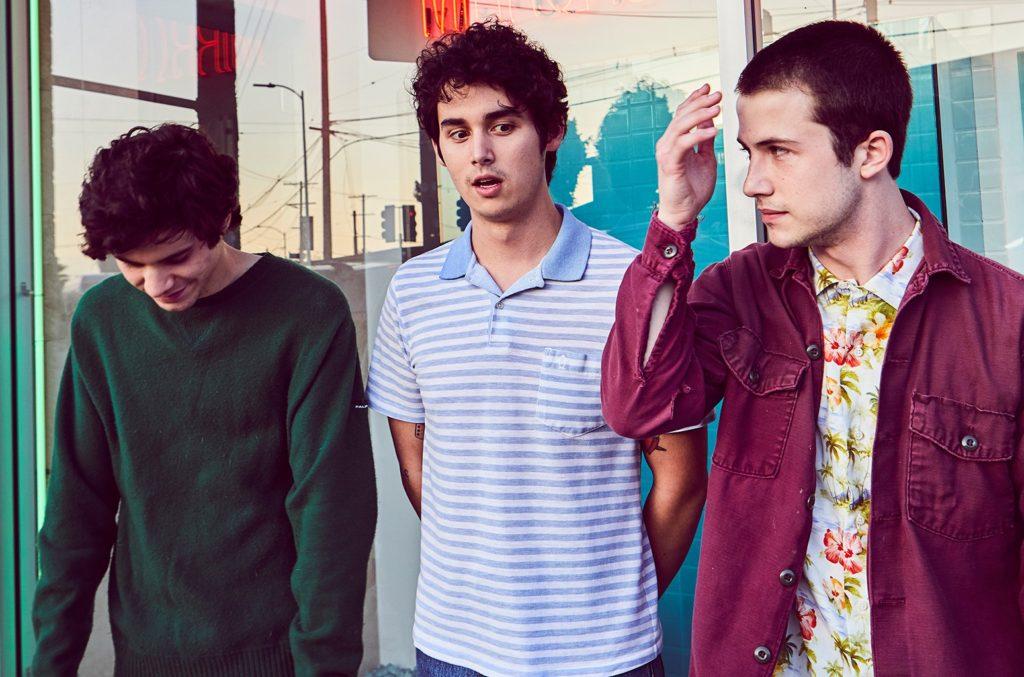BY CHRIS VOLZKE (’17)
This is a quick step-by-step guide on how to start a band from scratch. Starting a band can be a daunting task, but if you know what you are doing, it really isn’t too bad at all. Follow these steps below, and maybe, just maybe, you can create a successful, marketable band.
Step 1: Find competent musicians to start a band with
The last thing you should do is start a band with people that are just okay at playing their instruments. Don’t just add someone to your band because they play guitar, add them if it makes sense to add them and they are basically an expert in their instrument. Make sure they are also as serious and committed as you are because it really is a team effort. You also want to make sure that they want to create a similar style as you. Fighting over creative differences is very unproductive and is a recipe for failure.
Step 2: Get some nice recording software, equipment, and a place to record in
In my opinion, investing in your own equipment to record with is much better than paying a studio to do it for you. In the end, it will cost about the same, but if you buy your own equipment you will be able to record as many tracks as you want for as long as you want. First thing to get is an audio interface. I would recommend the Focusrite Scarlet 18i20. It has plenty of plug-ins for all your instruments and the quality you get out of it is great.
Next thing to buy would be mics. Really all you need is drum mics and a condenser mic to get you started. I would recommend the Shure DMK57-52 Drum mic pack. This pack isn’t too pricy and is the industry standard for drum mics. For a condenser mic I would get Blue Microphones Bluebird Cardioid Condenser Microphone. This is a solid mic and works as a vocal mic as well as an overheard to record drums and an instrument mic to record those instruments that don’t plug-in directly to the interface.
For software, I would recommend using Logic Pro X to start off with on a Mac. The difference between Logic and other recording software is like the difference between a self-driving car and a stick-shift. It is much easier to use, and while it may not have all the bells and whistles that a software like Pro Tools has, it is perfect for those who are just starting out and is cheap when compared to other software like Ableton and Pro Tools.
For a space to record in, all you need is a garage. Just hang up some sound panels from Guitar Center and cover the floor with old pieces of carpet and rugs. It is that simple and you now have a decent space to record in. Just make sure when you are recording, there aren’t any outside noises coming in.
Step 3: Get a 5 track EP mixed and mastered and distributed on as many platforms as possible
It is worth it to go ahead and pay for someone to mix and master your first EP. You want to put out the most professional music possible. There are a few ways to get your music mastered for a decent price. If you go through Tunecore you can get your 5 track EP mixed and mastered for $375 which is a very reasonable price if you don’t know someone who is willing to do it for free.
To get your music onto platforms like iTunes and Spotify, go through an aggregator like Tunecore or CD Baby. These sites will get your music up across tons of international stores at a very decent price. They even let you track what platforms your music performs best on and how many people buy/stream your music daily.
Step 4: Social Media and YouTube
Social media is key to getting your band off the ground. You need to create a steady fan base through sites like Instagram, Facebook, and Twitter. Make sure you post daily and keep fresh content rolling, whether it is a promo for your next show or new music, or just a daily update and fun picture or video.
For YouTube, make sure you upload as many different types of videos as possible. Music videos, lyric videos, audio videos, vlogs, concert and live videos. Especially live videos because promoters and other bands will watch those to see if they want to book you for shows and tours.
Step 5: Create your own website
Nothing looks more professional than a good-looking website. You can put all your information in one place, including music, bios, pictures, tour dates, contact information, and anything else you want to share with the world about your music.
Step 6: Merchandise
Merch is a great source of revenue to tap into. Everyone wants a cool t-shirt. Although it isn’t necessary to go crazy with merch right away. You don’t need hats, shorts, and pens just yet. Keep it simple with around two or three t-shirt designs, one nice poster design, cd’s, and maybe a couple of wrist bands. Make sure you price your merch accordingly as well, nobody is going to pay $25 for your band shirt, you aren’t that famous yet.
Step 7: Play!
Go out into your city and do a couple of shows. Try to get into a venue with some friends that you know in a different band. Make sure when you go to a venue, your set is polished and ready to go, and if you are not the headlining act, then you do what the headlining act tells you to do. They are the ones that are getting you payed at the end of the night. In the beginning, you likely won’t make very much money, so be prepared for that. But if you can get 30 people to come out to your first show then you are off to a good start.
Step 8: Trademark your band name
Trademarking your band is extremely important. Last thing you want after releasing an EP and starting to do shows is have your momentum taken away because another band with the same name decides to trademark the name first. Even if you had the name first, it doesn’t matter if they legally claim it first. It is an expensive step but it is necessary to protect your band as you begin to develop a fanbase.
Step 9: Don’t lose momentum
Do your best not to have long periods where you aren’t doing anything. Even if you don’t have any shows for a month or two or new music completed, try to engage your fan base in something. Whether it is a fan art or cover song contest, keep your audience engaged in what you are doing.
Step 10: Don’t give up
At the start, you are going to get turned down a lot. Whether it’s for a show, festival, or even radio play, most people are going to turn you down and you can’t let that affect you. All you need is one radio station or festival to give you a chance, so submit your music to as many different places as possible. Every radio station that plays your style of music or any festival that you could drive to. Getting onto festivals is huge, because you will be listed with some big names and featured on festival advertisements. Just remember, you will probably be told no, but in time, someone will give you a chance and all you need is that one person to get your big break.


